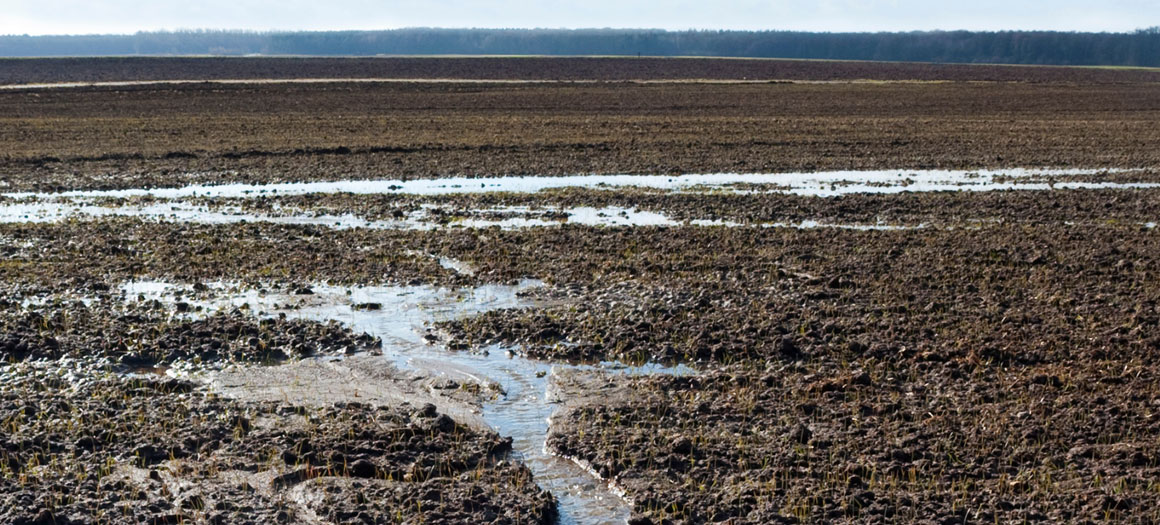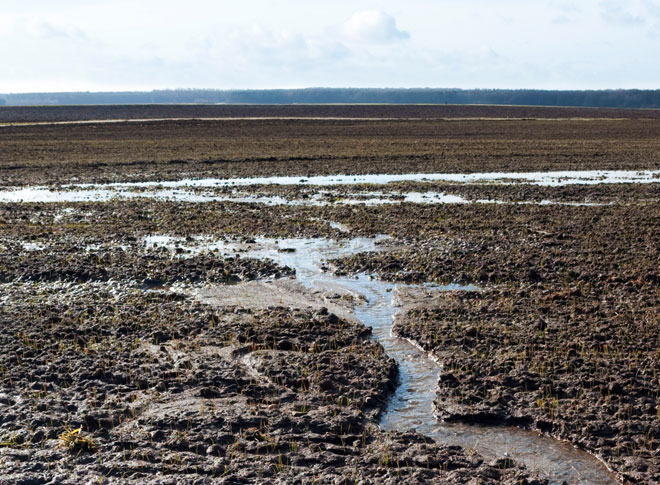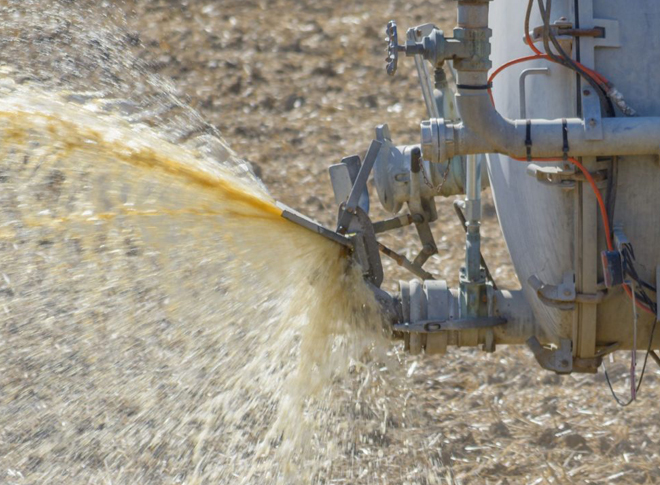Muddying the waters of pollution control

Having just read the 20th June 2022 Guardian article Government retracts ‘unlawful’ pollution guidance for England’s farms: Advice that allowed farmers to spread manures in a way that risked polluting waters has been changed by Defra, I would like offer a generous score of one-out-of-ten to the government for this measure.
The revised guidance for spreading of manures and slurry on land comes after a challenge by WildFish (formerly Salmon and trout Conservation) over the lawfulness of statutory guidance on enforcement of the ‘Farming Rules for Water’ regulations. The Farming Rules for Water were introduced in 2018 to address threats to the UK by the European Commission over its failure to deal with diffuse agricultural pollution.
The statutory guidance had effectively directed the Environment Agency not to enforce breaches of rules by farmers using organic manures generated on farms or imported onto them in ways that could lead to phosphorus overload, and that were likely to lead to water and soil pollution.
Thanks to pressure from WildFish, and despite initial denial of the merit of this challenge by government, the guidance was nonetheless changed purportedly to close loopholes under which farmers and land managers might perceive they were granted permission to spread excessive organic manure. Yet substantial loopholes persist in the revised guidance (Applying the farming rules for water) issued on 16th June 2022.

Loopholes and exemptions
Amongst the loopholes in the revised statutory guidance (under Section 2.2 alone) is that this is “a general guide”. There is no mention of a legal obligation.
The statutory guidance also states that “Land managers should consider soil and crop need for nitrogen (N) based on an annual crop cycle” inherently permitting the spreading of nitrogen-rich manures onto land outside of times when plants are actively taking it up. Nitrogen applied at times when it is not being actively taken up by plants is highly likely to leach out as a pollutant.
The killer blow is that the new statutory guidance includes an exemption that organic manure application can occur despite exceeding phosphorus loadings when farmers can demonstrate that “it is not reasonably practicable to do so”. This is a blanket cop-out lacking any form of enforceable limits.
On-farm and imported organic manure
The guidance gives two examples, covering on-farm and imported organic manures. Both are expressed in such convoluted sentences, including double negatives, that they defy common understanding.
More critically, they obscure the potential to mount practical enforcement action. This when the Environment Agency has yet to prosecute any farmers or landowners for breaking the farming rules set in 2018 based on the original guidance.
Muddying the waters
Creative muddying of the waters in this new guidance from DEFRA merely changes the framing of loopholes. Although perhaps deflecting the threat of judicial review by WildFish, these loopholes nonetheless conspire to make it all but impossible to mount successful enforcement action and hence attenuation of the drip-feed of nutrients into our rivers and groundwater.
This is happening at a time when water pollution is of increasing profile, publicly, under NGO attention but also purportedly as a government priority.
The sad example of dire impacts of manure spreading on the River Wye, despite it being scheduled under a raft of conservation legislation, evidences a different priority entirely. And this is at a time when agricultural practices have been identified as a greater contributor to British rivers failing to achieve good ecological status than even discharges of sewage effluent.

This matters a great deal for wild fish and the wider ecosystem
This matters a great deal: for fish and wider ecology despite purported commitments to the contrary in the 25 Year Environment Plan, the new Environment Act and various other national and international strategies; for public health; for the costs of treatment of more contaminated water; and for impacts on tourism amongst a wide range of other factors.
Political priorities… for whom?
It signals an apparent keenness by UK government to deservedly regain its former badge of ‘the dirty man of Europe’ in pursuit of effective deregulation.
Yes, farming is under pressure, the more so as we seek greater food sufficiency and on the back of rising fertiliser and fuel costs following Russia’s invasion and blockading of Ukraine. But loosening the potential to control adverse ramifications of a flawed ‘business as usual’, with no consideration or incentivisation of alternative agricultural models better embedding principles of sustainability, is retrograde and highly damaging.
Costs vested on primary natural capital, underpinning human wellbeing now and increasingly into the future, is simply not factored into guidance that effectively serves only to muddy the waters of pollution control.
Is the government once again merely caving in to landowning interests by confounding practical implementation of its own legislation?
At the same time, we learn that further Regulations designed to address water pollution are likely to be scrapped under Jacob Rees-Mogg’s plans to remove all remaining EU laws by June 2026.
Who is served by policies protecting the short-term interests of the few by sanctioning ecological destruction at massive and pervasive scale that prejudices the interests of everyone else in society, both now and through a degraded inheritance of ecosystems and their capacities to support our needs into the future?
If we are a nation that demonstrably cannot care for, or apparently has no intention of caring for, its foundational resource of ecosystems including our life-giving rivers, the primary capital upon which continuing societal wellbeing and economic opportunity depend, can we any longer pretend that there is any credible commitment to the rhetoric of sustainable development?
And, if not, for whom are we making these damaging retractions and at what wider costs?
Further information
Mark Everard is Science Advisor to WildFish, Visiting Professor at Bournemouth University, Associate Professor at the University of the West of England (UWE Bristol), and a consultant, author and broadcaster.
